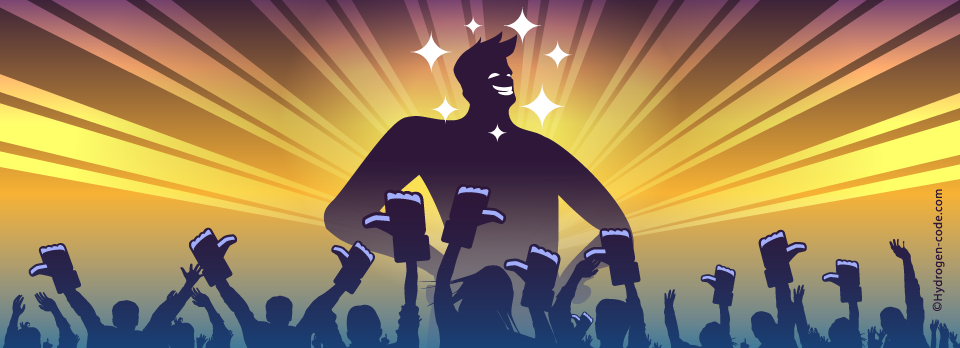
As you probably noticed, for a few days Facebook stopped showing the numbers of followers on fanpages. That little number capable of boosting (or destroying) the ego of many Social Media Managers was gone. In a few days it was restored but in the meantime many users were annoyed by the decision.
Too many users are more than happy to show how big is their fanbase and we can understand them. If you want to attract investors, the numer of Likes is the most important metric, like the diffusion of a magazine or the share of a TV show. Underlying them on the page is like putting the sticker “the most sold magazine” on the cover. The difference is that the sales of a magazine or the share of a tv program are constantly changing and independently verified while Likes could mean nothing. Firs of all you can buy thousands Likes for a few euros. Secondly, someone who likes your page is not always the equivalent of a subscriber. Maybe he’s not even seeing your posts on his timeline. The Engagement is a much better metric. It tells you how many people really read your post checking if they’ve clicked on the link, commented your status or put a Reaction. What you don’t know if the appreciation. A post could go easily viral because is so stupid or offensive that everyone commenting is just criticizing the author. Numbers could be very high in this situation but your brand’s reputation will be hurt.
Taking this in account, it’s clear that actual metrics are not enough and should be improved. Snapchat has already tried to make a step forward, giving this informations only to admins. When users spend time on a story they stumbled on in Snapchat it’s because they were attracted by the content, not because of the high number of likes. Will “older” Social Networks be brave enough to change approach? That’s not an easy question. Facebook, the most important, is still reluctant, probably because has based its business model on the actual metrics. A model that is still beloved by brands but is starting to irritate the audience. Especially the younger ones, who are already migrating toward other platforms.